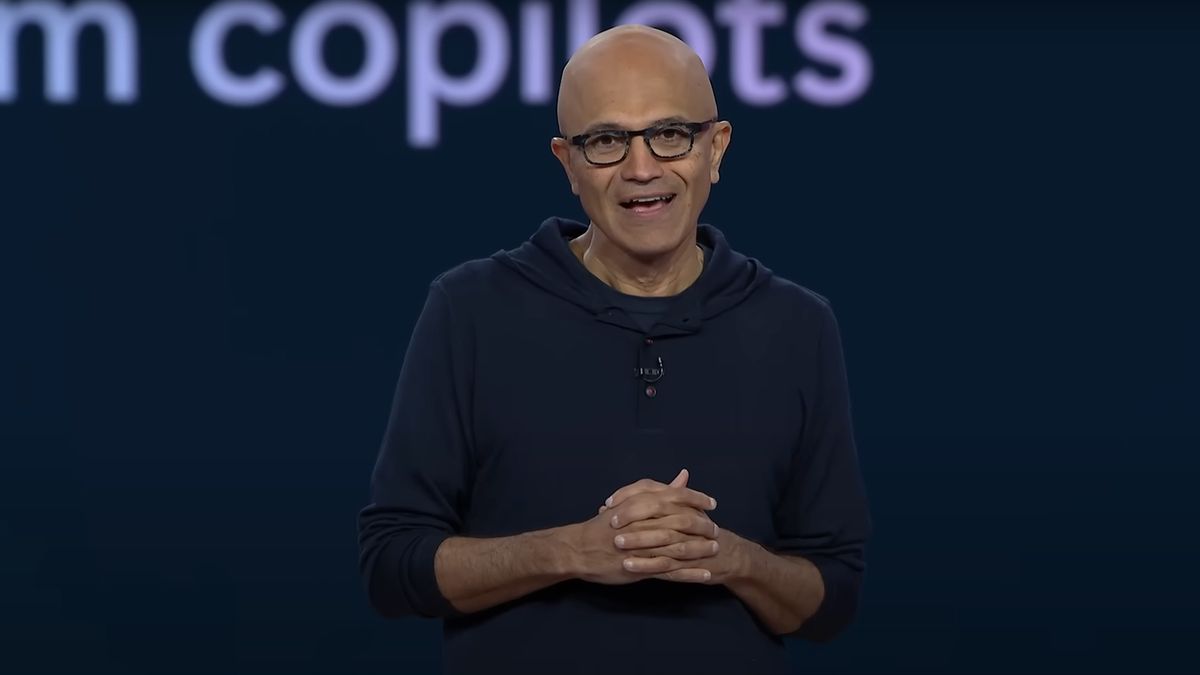Microsoft’s regulatory filing revealed that its CEO, Satya Nadella, received a $79.1 million compensation package for this year, increasing his salary package by 63% compared to 2023. According to Reuters, Nadella hit this milestone with the help of his stock awards when Microsoft’s market cap jumped to over $3 trillion due to its investment in AI technology.
Note that the $71 million figure is just based on Nadella’s stock awards, which were just $39 million last year. Aside from this amount, he also received a $5.2-million cash incentive, an over 50% reduction from the $10.7 million he was entitled to due to massive cybersecurity breaches involving the Redmond company.
However, even though Microsoft is on a roll with its AI investment, other arms of the company haven’t been performing as well. This is especially true as its gaming studios have suffered massive layoffs. Three months after it finished its acquisition of Activision-Blizzard, Microsoft laid off 1,900 employees from its gaming divisions, including Activision-Blizzard, Xbox, and ZeniMax, which happened during a general downtrend in the gaming industry.
Just a few months later, in May, the company started another run of cuts with the shuttering of three game studios—Tango Gameworks, Alpha Dog Games, and Arkane Austin. More Microsoft employees were again shown the door in September when Xbox reduced its staff by an additional 650. This means that Microsoft’s gaming division has to downsize by at least 2,550 people (probably more) this year.
Microsoft is a massive company with operations in many different fields, so it’s normal for one division to underperform or even suffer some losses. At the same time, another one thrives and pushes the company to new limits. Nevertheless, seeing its CEO get massive bonuses while many employees get the boot still offers poor optics for Microsoft. Hopefully, those affected by the downsizing were offered generous packages like Riot Games’ six-month severance offer, allowing them to get back on their feet even as the gaming industry still struggles to recover.



